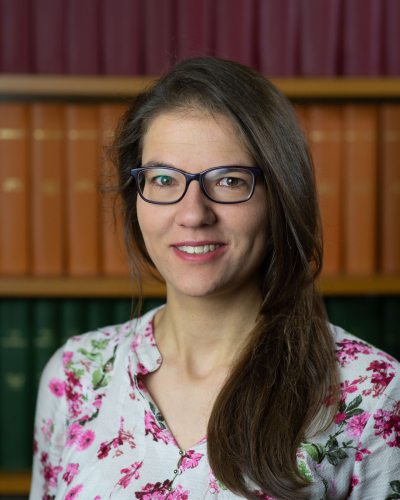Image

Catharina Zich
Postdoctoral Scientist
Catharina's research aims to further the understanding of the neural signatures of movement execution and movement imagination to facilitate human motor plasticity.
Catharina's key research method is mobile and high-density electroencephalography (EEG), but she also uses magnetoencephalography (MEG), magnetic resonance imaging and spectroscopy (f/MRI, fNIRS), and simultaneous EEG-fMRI and EEG-fNIRS recordings. Moreover, she has applied EEG-based neurofeedback, fMRI-based neurofeedback, and non-invasive brain stimulation (tDCS) to modulate neural activity.
Catharina leads the MEG work within the Stagg Group.
Recent Papers
Human motor cortical gamma activity relates to GABAergic intracortical inhibition and motor learning.
2025. Imaging Neurosci (Camb), 3.
Free Full Text at Europe PMC
PMC12319822
The GLM-spectrum: A multilevel framework for spectrum analysis with covariate and confound modelling.
2024. Imaging Neurosci (Camb), 2.
Free Full Text at Europe PMC
PMC12224406
Post-stroke upper limb recovery is correlated with dynamic resting-state network connectivity.
2024. Brain Commun, 6(1):fcae011.
Free Full Text at Europe PMC
PMC10853981